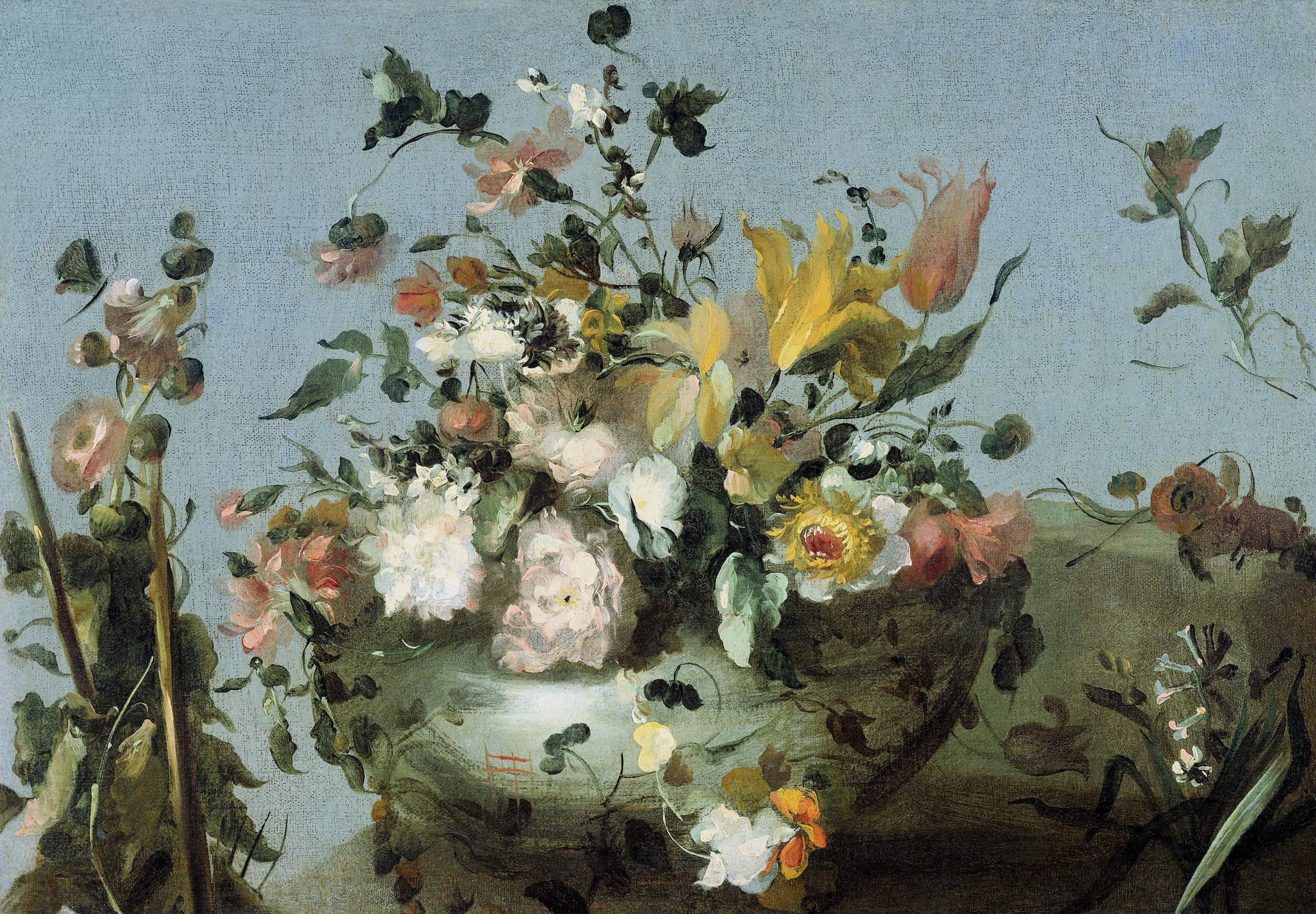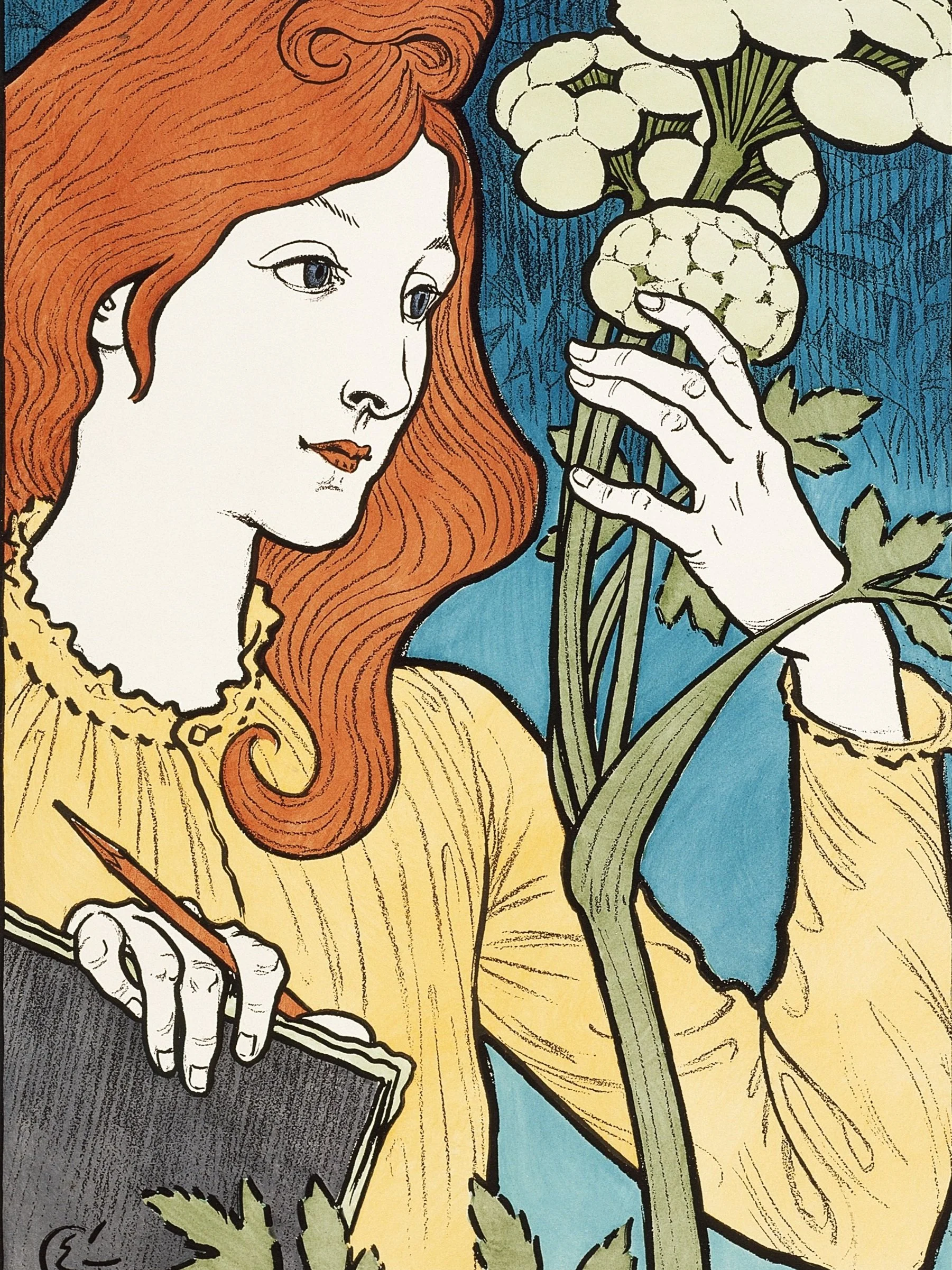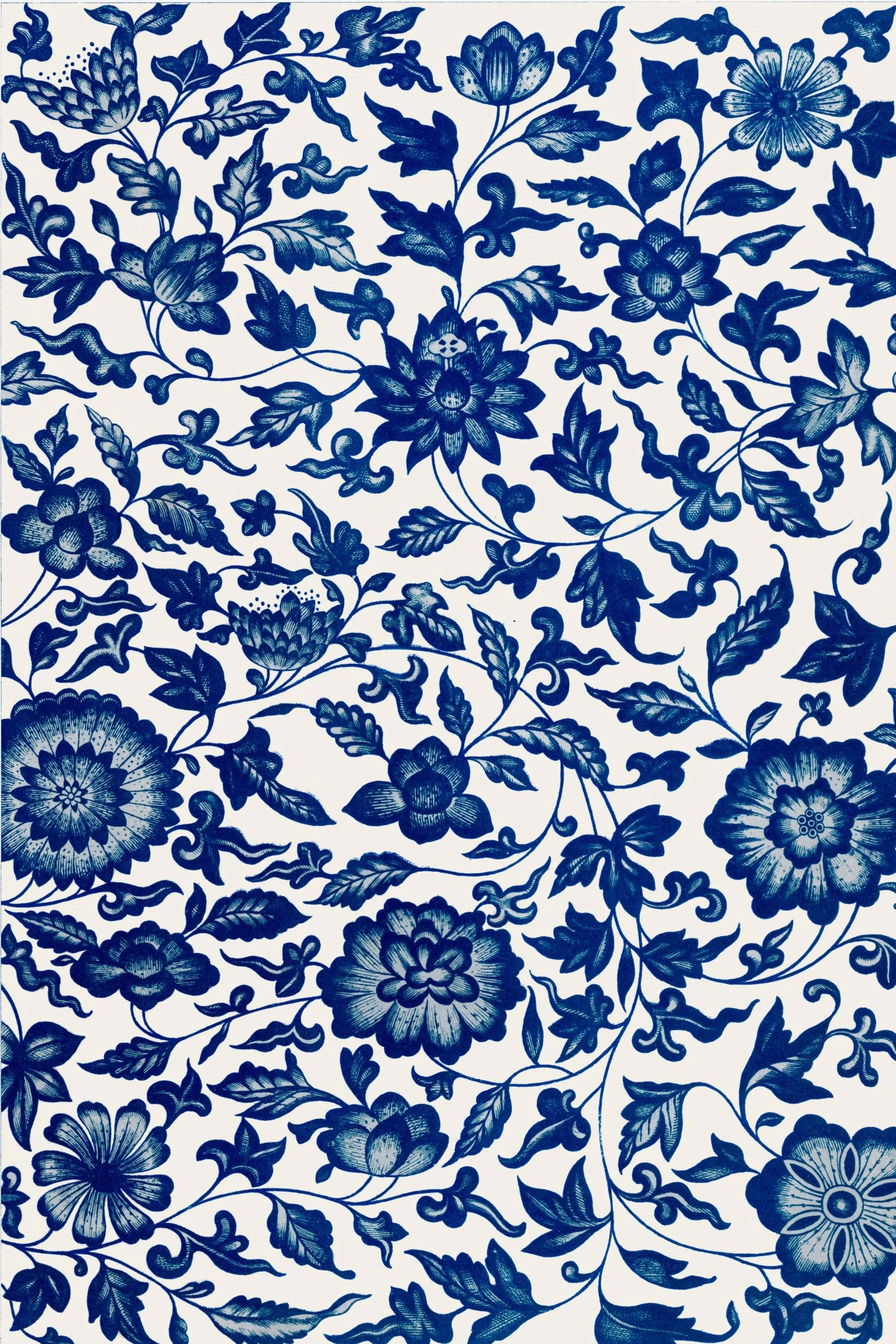
Spring Literature
Silly Novels by Lady Novelists
With her trademark irony, Eliot exposes the absurdities of "silly novels," populated by impossibly perfect heroines and drenched in melodramatic moralizing. Yet beneath her cutting humor lies a more serious plea: for literature to aspire to honesty, complexity, and humanity.
The Garden Party
Katherine Mansfield’s The Garden Party is a shimmering example of modernist short fiction, a narrative that glides gracefully on the surface of a single day while plunging into the unsettling depths of class, mortality, and self-awareness.
The Potion of Lao-Tsze
Richard Garnett’s The Twilight of the Gods and Other Tales is a sparkling collection of literary curiosities—fables, fantasies, and philosophical vignettes—that revel in the absurdities of gods, men, and the tenuous line between them.
The Excursion
Set aboard the steamboat Fall of Rome during a lively excursion, the story captures the absurdities of social posturing, class dynamics, and familial tensions through the misadventures of Mrs. Tuttle, her ostentatious pet parrot, and a cast of vividly drawn townsfolk.
Mademoiselle Fifi
Guy de Maupassant’s Mademoiselle Fifi is a taut and scathing short story that captures the brutal absurdities of war and the quiet defiance of the oppressed.
The Elixir of Life
Honoré de Balzac’s The Elixir of Life plunges readers into a richly Gothic world where ambition and mortality collide in a tale as seductive as it is sinister. Part of La Comédie Humaine, this novella draws on the legend of the Wandering Jew and the alchemical pursuit of eternal life to explore the moral and existential dilemmas of human greed.
Mother Sauvage
She remained entirely alone in that isolated dwelling, so far from the village, on the edge of the wood. She was not afraid, however, being of the same strain as the men folk—a hardy old woman, tall and thin, who seldom laughed and with whom one never jested. The women of the fields laugh but little in any case, that is men's business.
The Blizzard
Masha wrapped herself in a shawl, put on a warm cloak, and with a box in her hand passed out on to the back staircase. They descended into the garden. The snowstorm raged: a strong wind blew against them as if trying to stop the young culprit. With difficulty they reached the end of the garden. In the road a sledge awaited them.
Oh, Whistle, and I'll Come to You, My Lad
The light was obscure, conveying an impression of gathering storm, late winter evening, and slight cold rain. On this bleak stage at first no actor was visible. Then, in the distance, a bobbing black object appeared; a moment more, and it was a man running, jumping, clambering over the groynes, and every few seconds looking eagerly back.
The Red Room
They seemed to belong to another age, an age when things spiritual were indeed to be feared, an age when omens and witches were credible, and ghosts beyond denying. Their very existence, thought I, is spectral; the cut of their clothing, the ornaments and conveniences in the room about them even are ghostly—the thoughts of vanished men, which still haunt rather than participate in the world of to-day.











